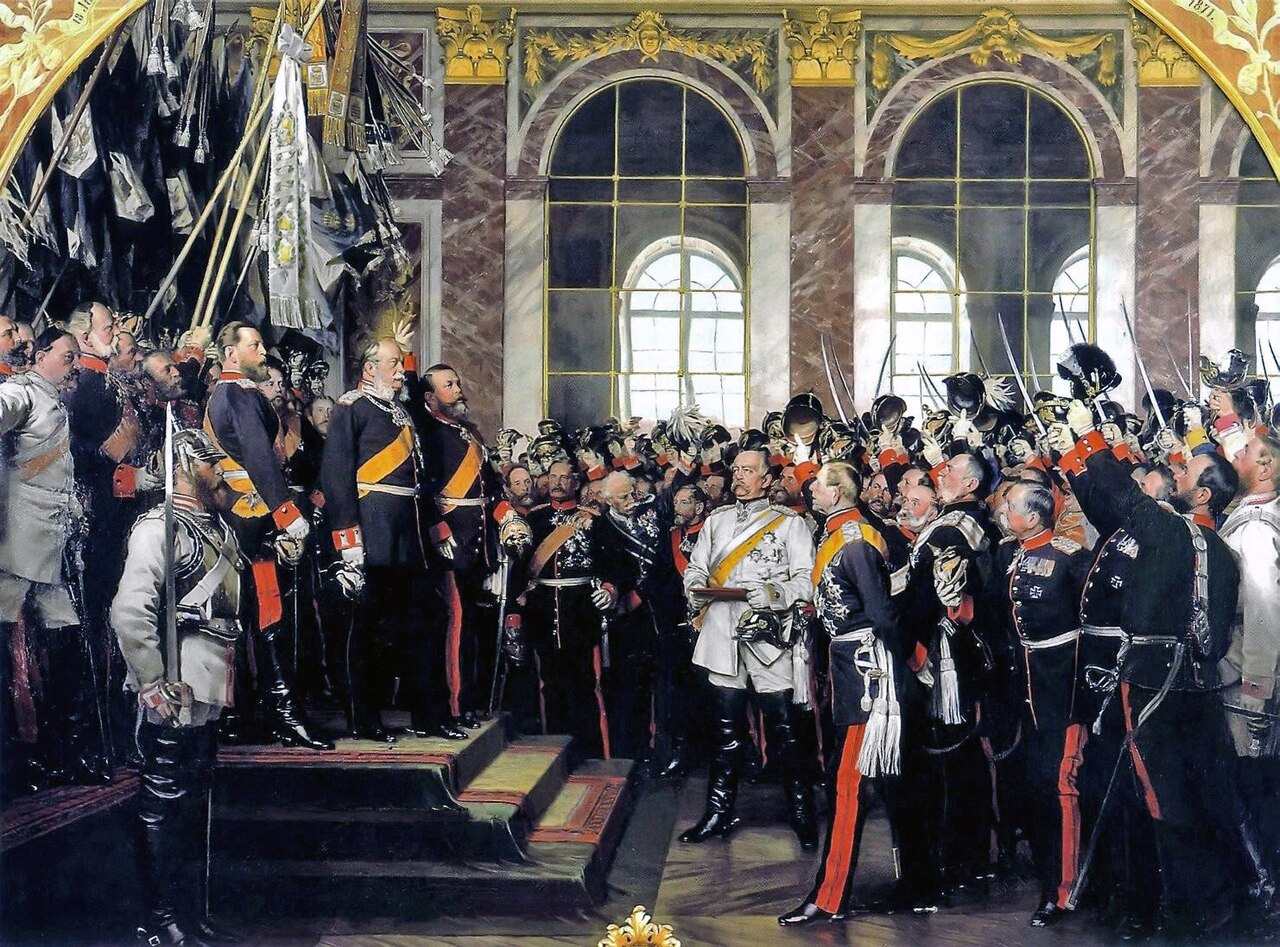In World War I there were multiple tactics that were technically against international agreement. The British had installed a hunger blockade against the Germans. They used all food going to Germany as contraband. Food going to German troops could possibly be used as contraband, but it was against international policy to impose a blockade on civilians. The way in which the imposed the blockad ws also against policy. Instead of intercepting ships going to Germany so as to differenciate different kinds of cargo, they just mined the whole area to blow up any kind of ship going to Germany. To combat this the Germans announced submarine warfare. They would fire on any king of ship in the war zone, as British Navy ships often concealed themselves as neutral ships, and then fired on surfacing submarines. Woodrow Wilson, the American president at the time, gave some rebukes to the british about the hunger blockade. But as to the German submarine warfare he wanted a garauntee that any American sailing on any kind of ship, wheather it was carrying ammunition or not, would have assured safety while sailing in the war zone. Indeed some Americans were killed while on ships with beligerant flags sailing through the war zone, some of the ships even carrying ammunition. This was a very uncommon view as most countries stated that if their citizens wanted to travel through a war zone it would be at their own risk. However Wilson stuck with this view and it was one of the main reasons that America joined World War I.

Woodrow Wilson also wanted to influence the peace agreement that ended World War I. He drew up a plan called the fourteen points that he wanted followed in the conforence. One was that he wanted an impartial adjustment to territorial claims. It would not be a victor take all loser give up all situaton, but that an impartial adjustment of territoris so as to not anger the losing side. He also wanted the removal of economic barriars and free trade between all the countries consenting to peace. Another point was that he wanted freedom of the seas in peace and in war, enforced by international agreement. The territory of Alsace-Lorraine would be returned to the French as it had been taken from them by Germany fifty years before. But the thing that Wilson most wanted was the formation of a Leage of Nations that would defend the other members of that league when they were under attack. Because Wilson wanted the League so much, however, any country at the Paris Peace Conference that threatned to to not join the League of Nations would get their own way in every other matter. Almost all the fourteen points were not followed and it was very much a victor take all loser give all situation. The statement that Germany alone was guilty for World War I particularly stung the Germans, and they were made to pay all the war expenses. All of these things paved the way for the begining of World War II.









